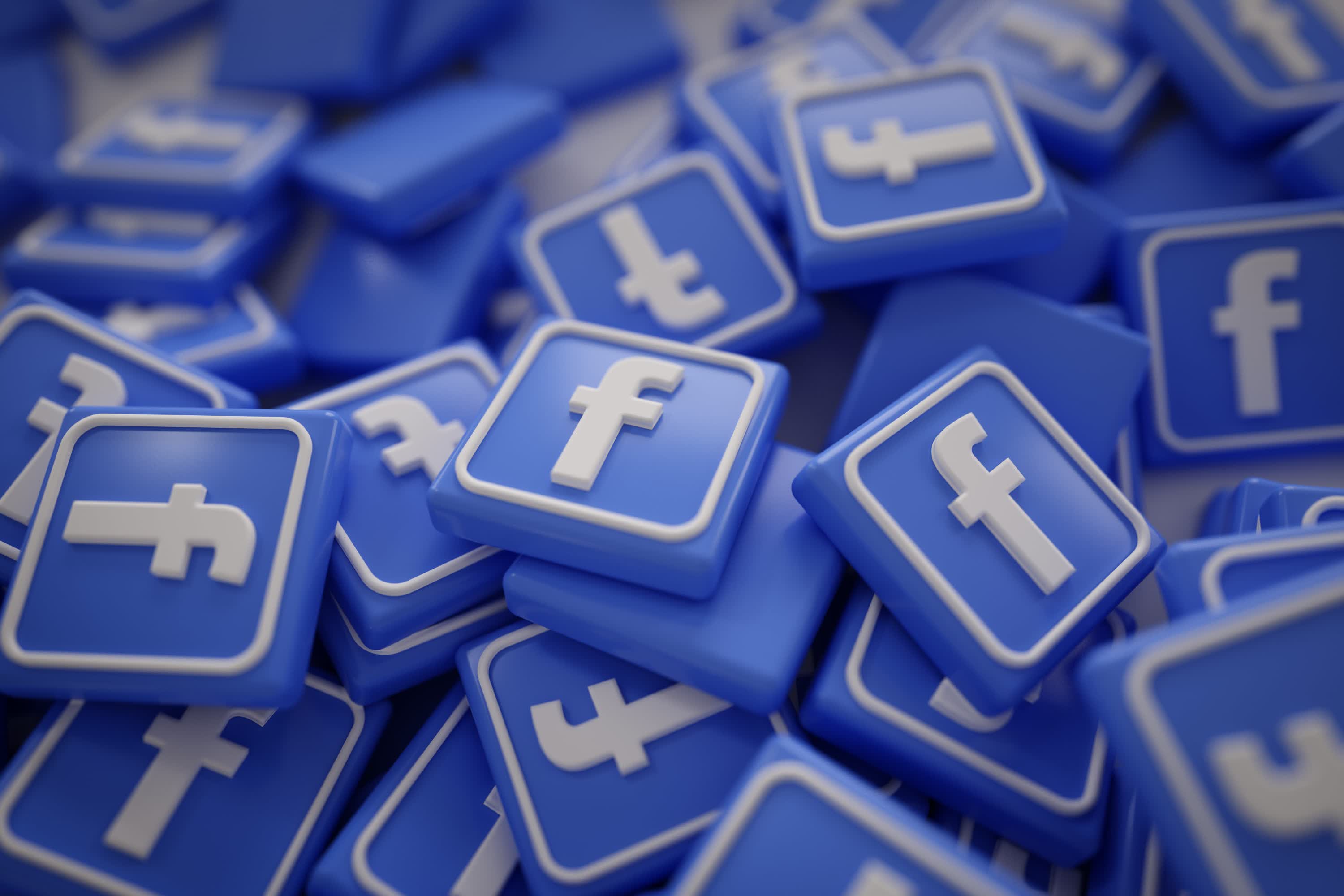A brief explanation why

In the world of software, a billion monthly active users (a metric also known as "MAUs") isn't just a milestone, it's a coronation. It marks an ascension from useful to essential, a tool embedded in the muscle memory of daily life.
Facebook was the first mobile app to cross 1 billion MAUs in June 2015. It took them 8.7 years to achieve the feat. At the time, this was seismic: the social network had not only transitioned successfully to smartphones but had become the default layer of digital social interaction worldwide. That figure would later balloon to over 3 billion, cementing Facebook's role in the architecture of the internet.
Then came TikTok. Launched outside of China in 2017, ByteDance's short-form video app hit a billion MAUs by September 2021 – in just five years. No app had ever scaled faster. TikTok's secret weapon was its content discovery algorithm which mixed entertainment, identity, and community, all delivered in 60-second dopamine loops.
Other giants that have reached the billion MAUs fast but were still outpaced by TikTok includes Instagram (7.7 years), YouTube (8.1), and even Facebook Messenger (4.9), which grew rapidly in part because Facebook decoupled the chat service from its main app, effectively forcing adoption.
WhatsApp is another giant (owned by Meta/Facebook) which hit the the 1 billion MAUs mark in 2016 and surged past a staggering 3 billion in 2025. WhatsApp still has no ads and no fees, so it's become the default SMS replacement in many countries. For Meta it's turned into a strategic AI gateway, powering customer service, commerce, and chatbot deployments, with great success in massive markets like India, Brazil, and Indonesia.
For full context, compare this warp-speed growth to legacy software that is still used by billions. It took Microsoft 25.8 years for Windows to hit a billion users. Office followed closely at 21.7 years. Even Google Search, launched in 1997, needed 12 years to reach the billion user milestone.
The difference lies in platforms and a full paradigm shift. It's no coincidence that all modern billion-user apps share a few key traits: they're usually free (or feel like it), global by default, integrated into daily life (social, messaging, navigation, video), backed by massive infrastructure, and optimized for mobile. But perhaps most importantly, they're habit-forming.
Arguably, the next major shift is already underway. New contenders are rising in generative AI, decentralized social networks, and super apps that blend communication with commerce.